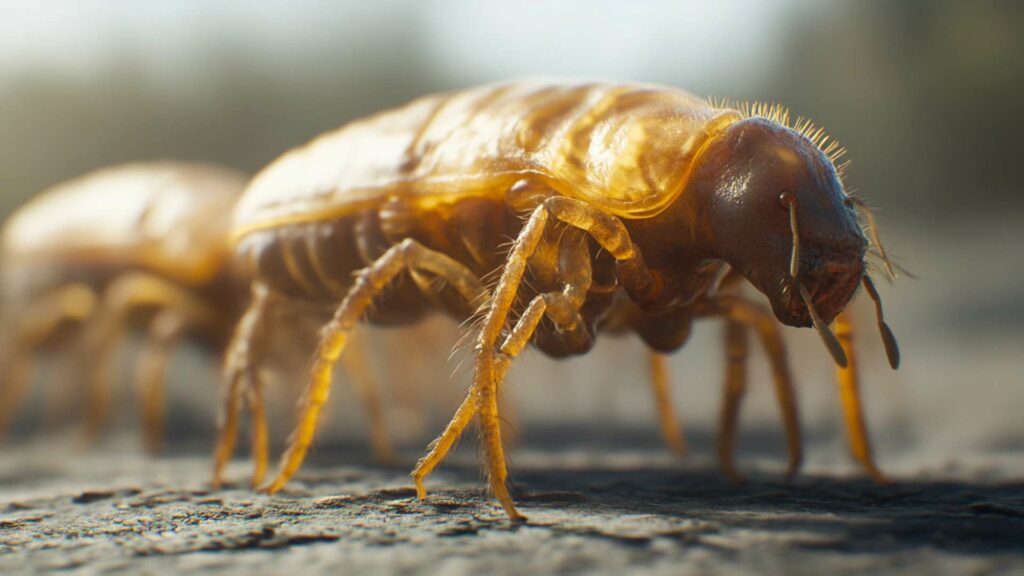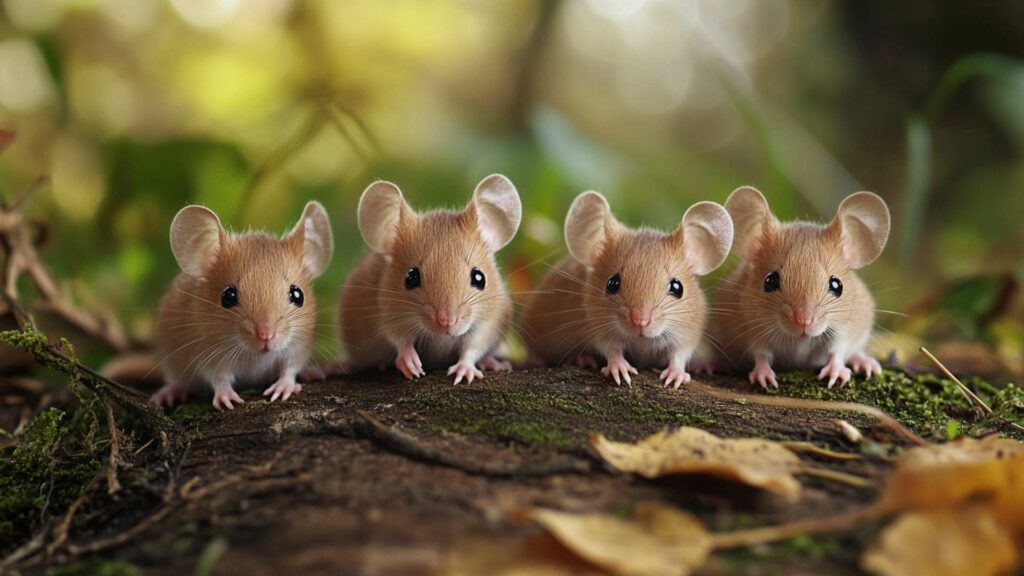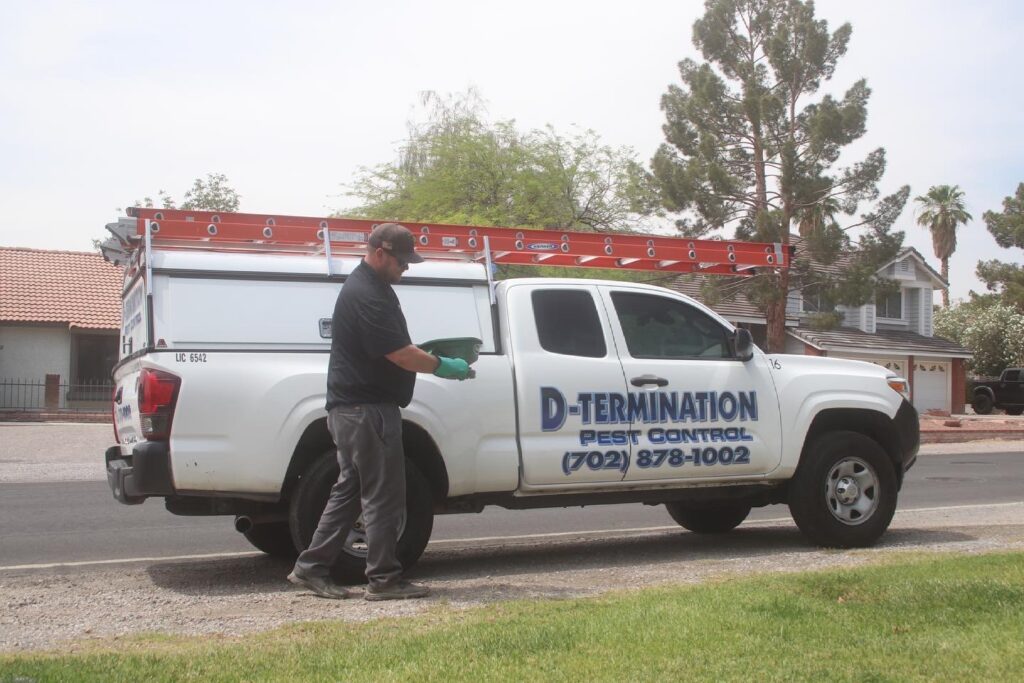The Importance of Preventing and Handling Mouse Droppings for Safety
You might not think much of a few mouse droppings in your home, but the truth is that they can pose significant health risks to you and your family. Mice can carry a variety of diseases, some of which are potentially life-threatening.
In addition to that, mouse droppings can also trigger allergies and asthma attacks. That’s why it’s crucial to prevent infestations from happening in the first place, as well as knowing how to handle mouse droppings when you do find them.
Worried about the potential health risks linked to mice infestations? Arm yourself with knowledge about the diseases that can be associated with mice in your home. Discover more in our article on Uninvited Guests: The Hidden Health Risks And Diseases Lurking In Your Home’s Mouse Population. Stay informed and protect your well-being.
An Overview of the Potential Health Risks Associated with Mouse Droppings
Mice poop everywhere they go, so it’s not uncommon to come across their droppings in your home. However, coming into direct contact with these mice droppings can be dangerous since they might contain harmful bacteria or viruses that could make you sick.
For instance, Hantavirus is a rare but serious illness that you can catch by inhaling dust contaminated with rodent urine or droppings. Symptoms include fever, muscle aches, coughing, and shortness of breath.
Another disease that you should be aware of is rat-bite fever; it’s a bacterial infection that humans can contract from handling dead rodents or coming into contact with their bodily fluids. It’s also worth noting that mouse urine smell isn’t just an unpleasant odor; it could indicate an active infestation in your home.
If mice are leaving urine trails on your floors or walls or if there’s a strong ammonia smell from their urine-soaked nesting materials, then it means you have more than just a few mice hiding somewhere. The longer you wait to get rid of them and clean up after them properly (including cleaning mouse droppings), the higher your chances of getting exposed to potential health hazards.
How to prevent mouse infestations
Keeping a clean and tidy home environment

Preventing and handling mouse droppings for safety starts with keeping your home clean and tidy. House mice love clutter, so it’s important to keep your home free of piles of newspapers, cardboard boxes, and stuffed animals.
You also want to make sure that you don’t leave food out overnight – even tiny crumbs can be enough to attract mice. Keep all food sealed in containers and put away in cupboards or the fridge.
Regular cleaning is also essential in preventing a rodent infestation. Thoroughly sweep or vacuum floors, paying special attention to areas where people eat or where pets are fed.
Wipe down counters, tables, and other surfaces where food is prepared or served with disinfectant spray or wipes. Additionally, make sure you take out the trash regularly and keep it covered.
Sealing up any potential entry points in your home
Mice can squeeze through tiny cracks and holes as small as a dime, so it’s important to seal up any potential entry points into your home. This includes gaps around pipes, vents, air ducts, windowsills, doorsills – anywhere where there’s an opening from the outside. To stop rodents from entering your crawl spaces or walls create barriers by utilizing sealant foam around utility penetrations such as plumbing pipes.
You can find these sealants at most hardware stores. Another way of preventing an entry point for rodents is by blocking crevices using steel wool since they cannot chew through this material.
Properly storing food and garbage
Rodents are attracted to open garbage cans that they can scavenge from. It’s vital that you cover trash cans tightly with lids ensuring that no part of the bin is exposed.
When throwing away discarded items containing pet waste or food, double bagging the trash and disposing of it in a lidded outdoor container is necessary to keep rodents away. It’s also important to make sure food is stored in airtight containers since rodents can gnaw their way into plastic bags or cardboard boxes.
This protects the food from being contaminated by rodent droppings and urine. When cleaning up mouse poop, avoid using your bare hands instead use rubber gloves and a paper towel or towels.
How to Identify Mouse Droppings
Have you spotted small, black pellets around your home? You may have a mouse infestation. Mouse droppings are typically ⅛ to ¼ inch in length and have a similar shape as a grain of rice.
They are usually black or dark brown in color and can be found in areas where mice frequently traverse. Mouse droppings are often found near food sources, such as in the pantry, under sinks, or around pet food dishes.
You may also find droppings along baseboards or behind furniture where mice like to hide. If you suspect that you have a rodent infestation, it’s important to identify the droppings so that you can begin cleaning up mouse poop and take protective measures to prevent further exposure.
Description of What Mouse Droppings Look Like
When cleaning mouse droppings, it’s important to know what you’re dealing with. Mouse feces are typically small and dark in color, with pointed ends on both sides. They can also be distinguished by their size and shape from those of other rodents such as rat droppings which are larger and oval-shaped.
It’s important not to touch mouse droppings or clean up mouse poop with bare hands as they may contain harmful bacteria that can cause illness. Always wear protective gloves when handling rodent feces or cleaning formula when cleaning up mouse poop.
Where to Typically Find Them in Your Home
Mouse droppings are usually found near areas where mice frequent, such as along walls or inside cabinets where they like to build nests. Keep an eye out for them near food sources such as pet food dishes or open containers of food. You may also find them near air ducts where mice travel through your home.
If you discover rodent urine or droppings around your home after being away for some time (up to three days), it may be necessary to check inside your air ducts for signs of a larger rodent infestation. Remember that if you find mouse droppings in your home, it’s important to clean them up as soon as possible with protective measures and cleaning solutions.
The dangers of exposure to mouse droppings
What health risks are associated with exposure?
Exposure to mouse droppings can be very dangerous. Not only can they potentially carry diseases, but their feces and urine can also contain harmful bacteria, viruses, and parasites that pose a risk to human health.
The most concerning disease is Hantavirus Pulmonary Syndrome (HPS), a rare but life-threatening illness that is contracted by inhaling dust or particles contaminated with rodent droppings or urine. There are other health risks associated with exposure to mouse and rat poop, as well such as salmonella, tularemia, and leptospirosis.
These diseases may cause fever, chills, headache, muscle ache and other flu-like symptoms. If you experience these symptoms after coming into contact with mouse droppings or urine it is important to seek medical attention immediately.
Symptoms of Hantavirus Pulmonary Syndrome
Hantavirus Pulmonary Syndrome (HPS) is a rare but serious illness that can be contracted from exposure to rodents like mice. Symptoms usually begin one to five weeks after the initial exposure and include flu-like symptoms such as fever, muscle aches and coughing. In more severe cases the illness can progress rapidly causing shortness of breath which could lead to death if not treated properly.
If you suspect that you may have contracted HPS it is important to seek medical attention immediately. While there is no known cure for the disease early diagnosis and treatment will increase your chances of recovery.
Be sure to inform your doctor about your potential contact with rodent droppings so they can take proper protective measures while examining you. It’s important that homeowners take steps towards preventing mouse infestations in their homes in order to avoid any potential health risks from clean up mouse poop left behind by these pests.
If you do find yourself in a situation where you need to clean up mouse droppings, be sure to follow the proper protocol such as wearing gloves, using disinfectants and cleaning solutions, and properly disposing of contaminated materials. Following the manufacturer’s instructions on cleaning formulas and taking all necessary protective measures will help prevent exposure to harmful bacteria and viruses.
How to safely clean up mouse droppings
Steps to follow when cleaning up
If you’ve identified mouse droppings in your home, it’s important to clean them up as quickly and safely as possible. To begin cleaning the mouse problem up, put on a pair of protective gloves and a dust mask to avoid coming into contact with any harmful bacteria or viruses. Use a broom and dustpan to sweep up the mouse droppings, being careful not to touch them with your hands.
Wearing gloves and a mask

When handling any kind of rodent droppings, it’s important to wear protective gloves and a mask. This will help prevent you from coming into contact with harmful bacteria or viruses that could be present in the droppings. Rubber or latex gloves are best for this task, as they offer more protection than other materials.
Using disinfectants and cleaning solutions
After sweeping up the mouse droppings, use hot water and a disinfectant solution to thoroughly clean the affected area. Avoid using bleach or other harsh chemicals that can be harmful when mixed with other substances. Instead, use warm water and a cleaning formula designed specifically for use on rodent droppings.
Properly disposing of contaminated materials
Once you’ve cleaned up all visible mouse droppings from your home, place them in a garbage bag and tie it tightly before disposing of it outside. If there are any signs of rodent nests or dead rodents in your home, these should be removed and disposed of separately.
Be sure to follow all manufacturer’s instructions for proper disposal. Remember that proper rodent control is key in preventing future infestations.
Keep your home clean and tidy by regularly wiping down surfaces and storing food properly in sealed containers. By taking these precautions, you’ll reduce the risk of exposure to harmful bacteria and viruses associated with mouse droppings.
Conclusion
Don’t Take Any Chances with Your Health
Mouse droppings and rodent infestations cannot be taken lightly. The dangers of exposure to rodent urine and droppings cannot be overstated. In the late middle ages, the Black Plague was spread by rat fleas that had been feeding on infected rat blood.
Today, we face similar risks from mouse droppings and contaminated surfaces. With deer mice carrying Hantavirus and house mice carrying other rodent borne diseases, it is important to take every precaution possible to prevent their spread in our homes.
It’s Up to You: Keep Your Home Clean and Safe
Preventing mouse droppings and a potential infestation starts with you. By keeping a clean, tidy home environment, sealing up entry points in your home, and properly storing food and garbage, you can drastically reduce the likelihood of any unwanted visitors taking up residence in your home.
If you do find yourself dealing with mouse droppings or an infestation, it is important that you follow the proper protocols for cleaning up safely. Wear rubber or latex gloves when handling contaminated surfaces, use disinfectants and cleaning solutions to sanitize affected areas, and always wash your hands with soap after cleanup.
Preventing mouse droppings in your home is critical for maintaining good health. By staying vigilant about cleanliness and following safe cleanup practices when necessary, we can all help keep our homes free from unwanted rodents – giving us peace of mind knowing we are doing everything we can to protect ourselves and our loved ones from harm.
D-Termination: The Premier Pest Control in Las Vegas for Rat and Mouse Elimination

Are you exhausted from dealing with rats and mice in your Las Vegas property? D-Termination is the ultimate solution for you. Our team of experts specializes in eradicating these pesky rodents, restoring peace to your space. Bid farewell to rat and mouse problems and opt for D-Termination’s effective pest control services today!
To book your rodent control service and reclaim your space from unwanted guests, contact us at 702-919-6310 or visit dtermination.com.
Frequently Asked Questions:
Precautions for cleaning up mouse droppings include wearing gloves, using disinfectant, avoiding direct contact, and properly disposing of contaminated materials.
Yes, it is recommended to wear a mask when cleaning mouse droppings to minimize the inhalation of potentially harmful particles.
The infectivity of mouse droppings can vary, but it is generally advisable to assume they could be infectious and take appropriate precautions.
When dealing with hantavirus, the recommended PPE includes gloves, goggles or face shield, and a respirator mask (such as an N95 or higher).
If you found this article enjoyable, you might also find interest in the following related content:
Sneezing And Wheezing: Understanding Allergies And Respiratory Problems Caused By Mice
Unwelcome Guests: Identifying And Preventing Mouse-Borne Diseases In Humans And Pets







